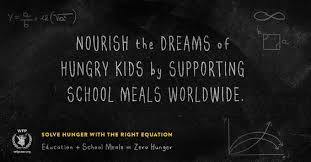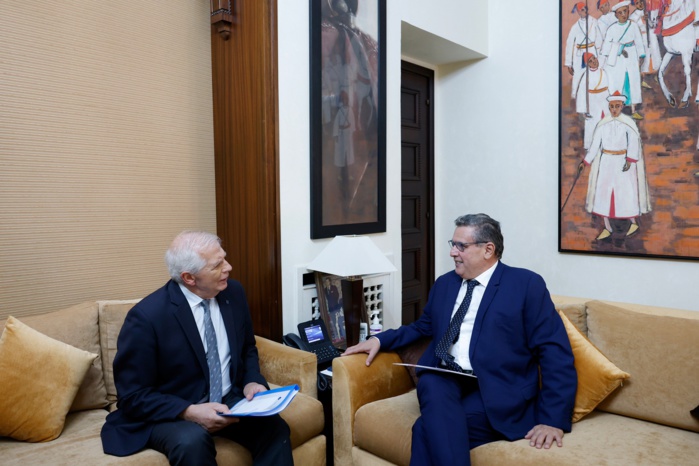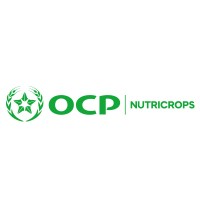 The World Food Program has expressed its full support to the Moroccan national school meals Program, vital component of the Vision 2030 education reform and the National Nutrition Strategy 2011-2019.
The World Food Program has expressed its full support to the Moroccan national school meals Program, vital component of the Vision 2030 education reform and the National Nutrition Strategy 2011-2019.
Under the Morocco Transitional Interim Country Strategic Plan (TICSP), the UN agency has pledged to provide technical support to the Ministry of National Education in the development of innovative, home-grown school meals pilots, as well as standardized guidelines for the implementation of the program.
These guidelines will enable the government to introduce improvements in the areas of governance, financing, supply chain, monitoring and evaluation.
In 2013, the Moroccan government requested WFP’s support to review the national school meals Program, which provides meals for 658,000 girls and 742,000 boys in primary, secondary and boarding schools, of which 70 percent are located in rural areas.
WFP designed a Development Project that was implemented in three phases: an assessment of the existing school meals program, the development of a Plan of Action for the improvement of national school meals; and study visits and sharing of best practices.
WFP Plan of Action for the improvement of the Moroccan national school meals program was endorsed by Rabat in July 2016, and its implementation constitutes the core of WFP’s operations for the 12 months TICSP starting January 2018.
The plan leverages the findings of the comprehensive assessment phase of the project, encompassing activities for short and mid-term implementation.
WFP provides technical and policy advice for the implementation of the Plan of Action. Specifically, the activities under the extended phase of the project aim to strengthen regulatory frameworks and tools in the areas of governance and normative guidelines; and support the Moroccan government in designing school meals that are efficient, accountable and support local employment creation.
Funded entirely by voluntary donations, in 2016 WFP raised $5.9 billion. WFP has more than 14,000 staff worldwide of whom over 90 percent are based in the countries where the agency provides assistance.
WFP is governed by a 36-member Executive Board. It works closely with its two Rome-based sister organizations, the Food and Agriculture Organization of the United Nations and the International Fund for Agricultural Development. WFP partners with more than 1,000 national and international NGOs to provide food assistance


